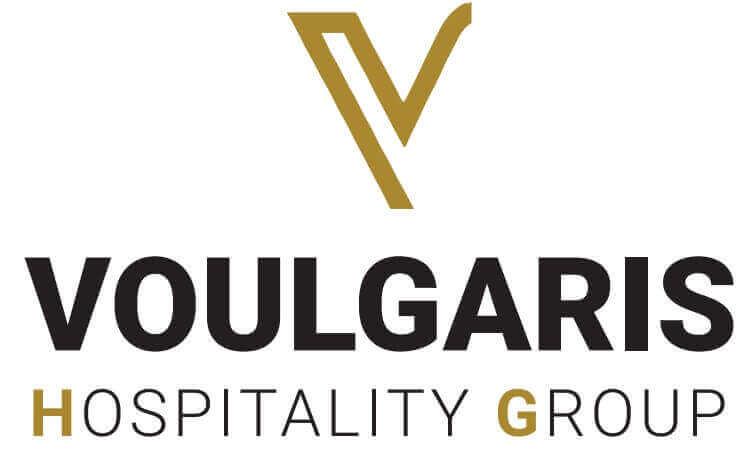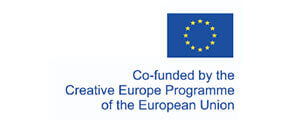Summary
Online social media websites are undoubtedly an integral part of our modern culture and tourism. Online social networking is nowadays seen as an alternative way of planning a trip or a visit and enables users to collaborate in order to 'visualize' a destination. The transfer of word-of-mouth information through reviews in social media communities and websites has provided effective development tools, enabling potential visitors to evaluate, rate, share a destination, an experience at a cultural destination or point of interest. Therefore, the dynamic of reviews on social media is a key component for future development of cultural points of interest. Rating, reviews and user engagement result in the improvement of content volume and quality, influence visitor future ratings and consequently lead to the increase of visitor satisfaction.
It is worth mentioning at this point the importance of Social Media and the Internet as tools for attracting visitors and promoting cultural heritage. With the creation of cultural websites on the Internet, with review and rating capabilities, points of cultural interest are transformed into experience repositories in the digital space. More specifically, the use of Social Media and various promotion strategies are considered very important tools for attracting and promoting cultural sights. Their proper use creates a framework for an integrated communication policy with users, allowing at the same time the exchange of experiences and opinions, thus enhancing freedom of speech.
This study aims to present, analyze and evaluate the digital presence of popular castles worldwide on the TripAdvisor platform. The selection of the sample, due to the very large volume of registered castles, was carried out on the basis of review volume, a number that also reflects the visit frequency to these cultural units. The pin-pointing of the possibilities for the development of cultural tourism through social media is an additional objective. First, we present a brief theoretical approach on the increased role of online social networking sites and their influence on the development of cultural tourism. The study then focuses on the presentation and analysis of the selected castles' digital presence. The evaluation of the digital presence and the comparison with global data (per continent) is mainly based on the number of ratings, the number of languages in comments, online prizes awarded and other parameters that are used to evaluate and rate the selected castles.
The very few researches that have been conducted on the subject of our research, created the need for more extensive study, analysis and conclusions in response to contemporary challenges. The need for social networking websites that promote cultural tourism and treat it as a form of tourism rather than a form of cultural management will become evident from the results. In addition, the significant influence of users in the increase of castle visitation, and at the same time in the promotion, dissemination and preservation of historicity without the commercialization of culture will emerge from the research.
Back














